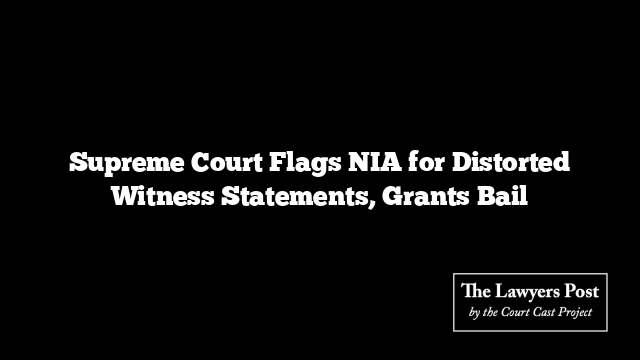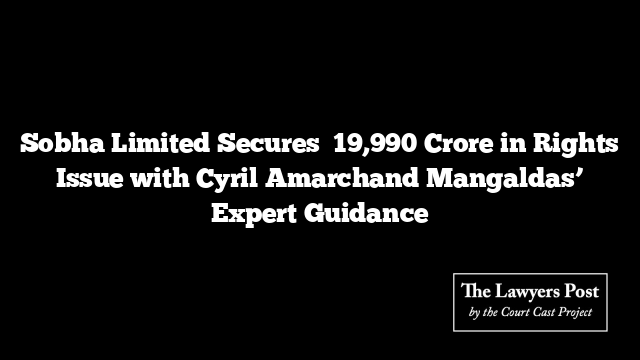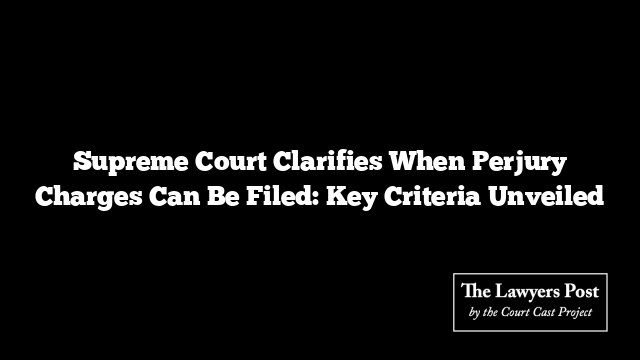In a notable critique of the National Investigation Agency (NIA), the Supreme Court has pointed out significant discrepancies in the witness statements included in the chargesheet against a man accused of involvement with the banned Popular Front of India (PFI). The Court granted bail to the accused, citing issues with how the NIA handled witness testimony.
A bench consisting of Justice Abhay Oka and Justice Augustine George Masih highlighted that the chargesheet contained a “complete distortion” of the statement from protected witness Z. The statement in question, as noted in the chargesheet, differed substantially from what was recorded by the magistrate. Specifically, the chargesheet alleged that the witness had named the accused as a participant in a PFI meeting and described discussions about attacks on those who criticized Islam. However, the actual witness statement did not support these claims.
The Court expressed concern that the discrepancies between the recorded and the alleged statements in the chargesheet might indicate a lack of fairness in the investigation process. The bench stated, “The material portion of witness Z’s actual statement has been completely distorted… Several things which protected witness Z did not state have been incorporated.”
Furthermore, the Court criticized the Special Court and High Court for not objectively considering the material in the chargesheet, suggesting that their focus on PFI activities might have overshadowed the specific case details.
The accused, facing charges under various sections of the Indian Penal Code and the Unlawful Activities (Prevention) Act, had previously been denied bail by both the Special Court and the High Court. The prosecution alleged that his wife’s property was used for PFI-related activities and claimed there were efforts to tamper with evidence. However, the Supreme Court found insufficient evidence to establish a strong prima facie case against the accused, particularly noting that there was no direct evidence linking him to the alleged offenses.
In light of these findings and the procedural flaws identified, the Supreme Court granted bail to the accused, emphasizing that its decision was based on the current record and would not impact the ongoing trial.





